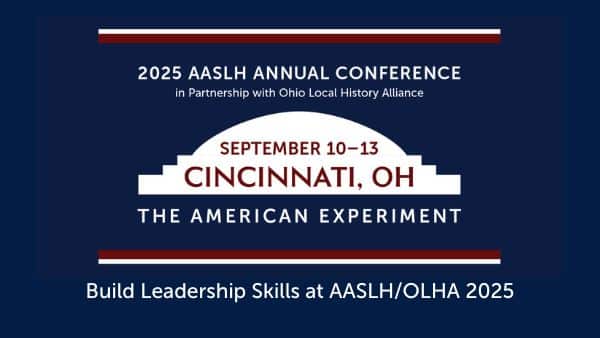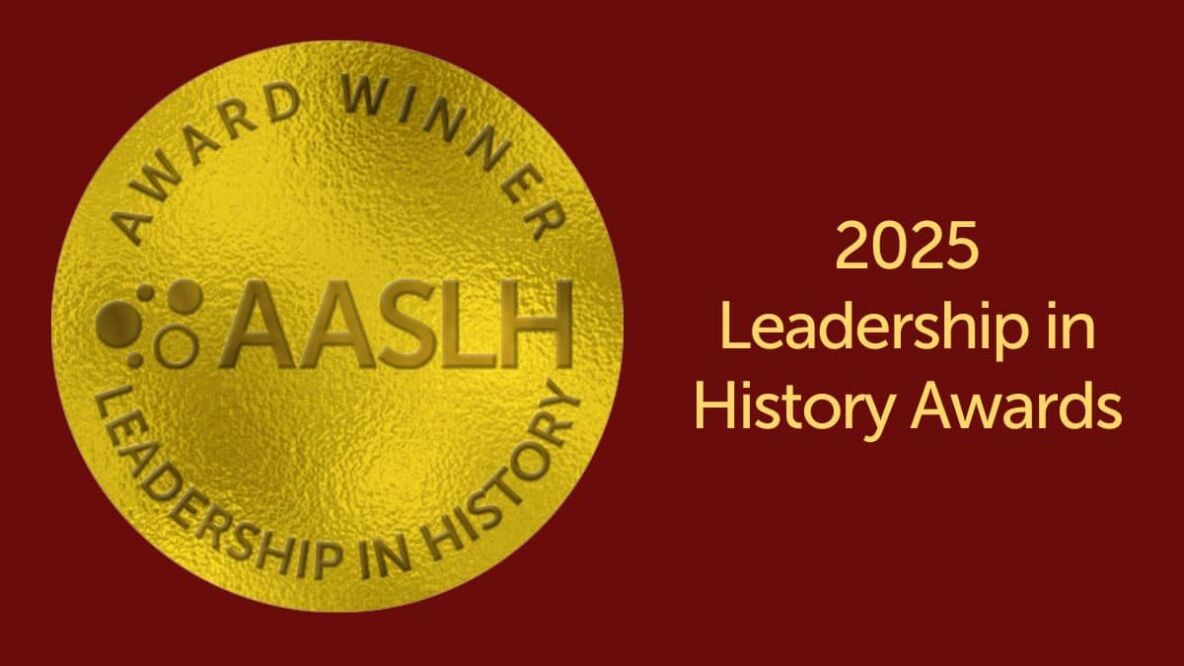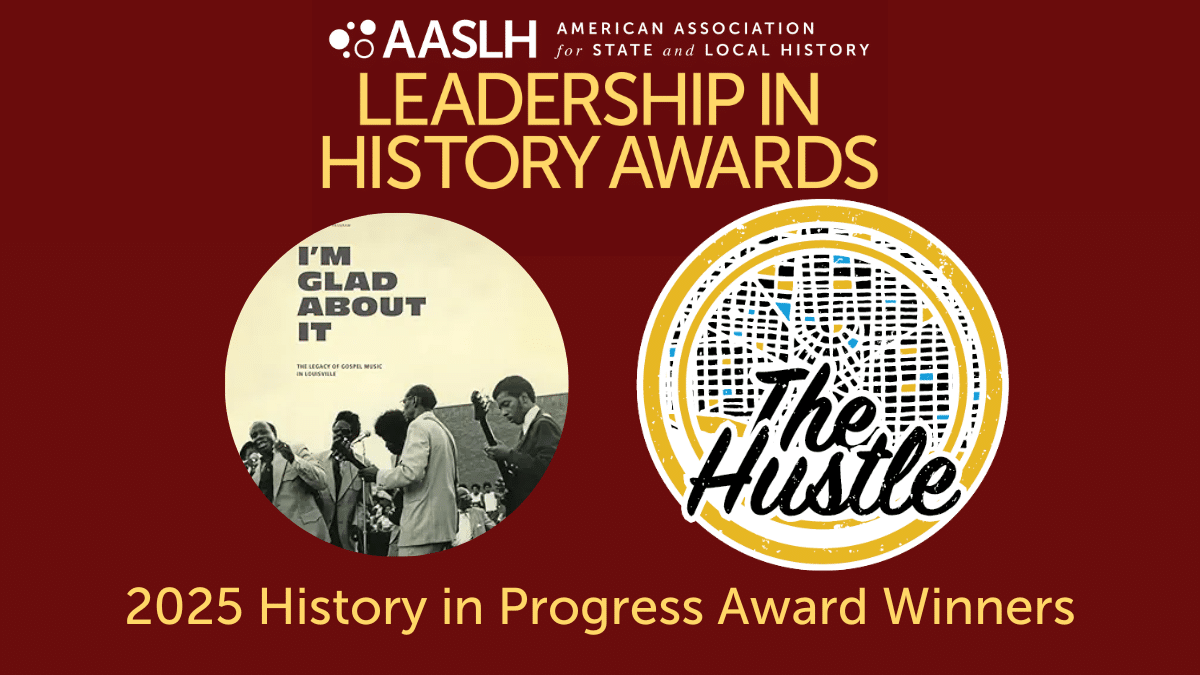
In a letter to New York Governor Kathy Hochul earlier this month, two state lawmakers urged the governor to seat her state’s 250th commission, provide funding, and initiate strategic planning for New York’s observance of the U.S. Semiquincentennial. As firm believers in the extraordinary promise of the 250th, we at the American Association for State and Local History (AASLH) were thrilled to see this level of enthusiasm and engagement from Senators James Skoufis and Shelley B. Mayer, the letter’s authors.
In reading the letter, however, we noticed that it made references to AASLH that appeared to be based on misperceptions, which we would like to clarify. First, the letter referred to AASLH as America250’s “public history partner organization”—in the sense that we are their only partner of that type—and it indicated that there has been a joint failure to prepare for the anniversary. In fact, AASLH is one of dozens of America250 partners, we have had minimal input over or insight into America250’s planning, and we have not been involved in the organization’s management or operations.
The letter then referred to our upcoming virtual summit, “Commemoration Reconsidered: Ethics, Justice, and America’s 250th Anniversary” as an example of “growing sentiment against marking the anniversary of the American Revolution.” That is exactly backwards. Our summit is meant to inspire engagement with and planning for the 250th. We also are encouraging thoughtful exploration of the nature of historical commemoration writ large. In asking what we should we commemorate, how, and why, the summit positions the U.S. 250th as a vital opportunity not to be missed. (The preliminary program is now online, and registration is open.)
Not only are we in support of marking the 250th anniversary of the Revolution, we are encouraging all history organizations to participate in the Semiquincentennial, even if they are not directly connected to the historic sites of the Revolution. AASLH believes the 250th is an important opportunity for Americans to engage in the full sweep of our nation’s history.
For seven years our association has been helping history museums, historical societies, and other history organizations nationwide to see the 250th as a once-in-a-generation opportunity for American society to progress toward justice through inclusive history and to strengthen the history field. The virtual summit is just one of the ways AASLH has been working to advance that vision. Our efforts include Making History at 250: The Field Guide for the Semiquincentennial, a publication supported by the National Endowment for the Humanities that has already reached 20,000 history practitioners. We have also been convening key networks, including our 250th Anniversary Coordinating Committee (made up of stakeholders from government agencies, history and education organizations, and other institutions) and regular meetings with state commissions to foster communication. To complement the virtual summit, we are offering webinars and workshops on interpretive and strategic planning for the 250th. We are optimistic that these efforts will help the history community make the most of 2026.
To learn more about AASLH’s plans for the 250th, visit aaslh.org/250.



